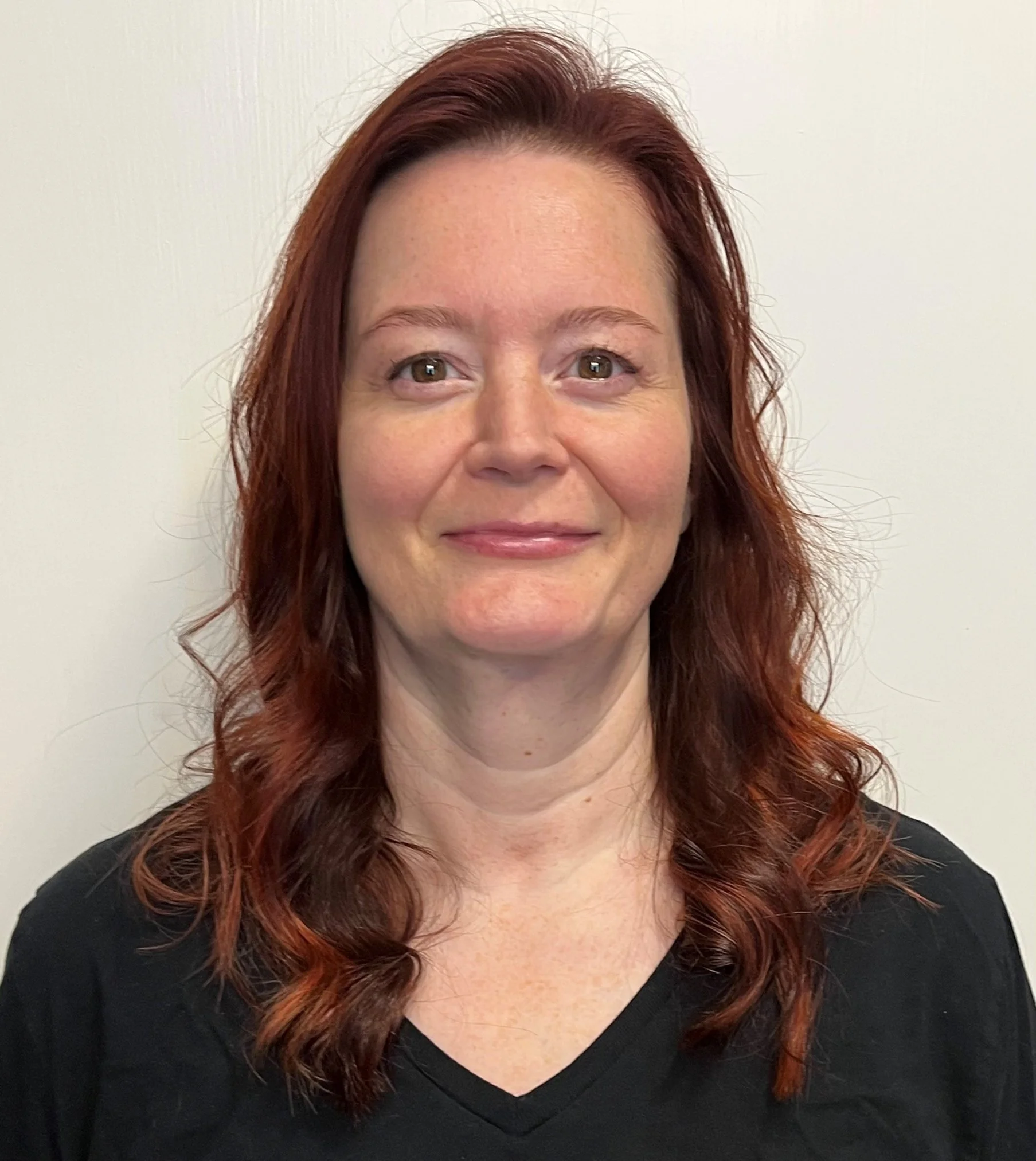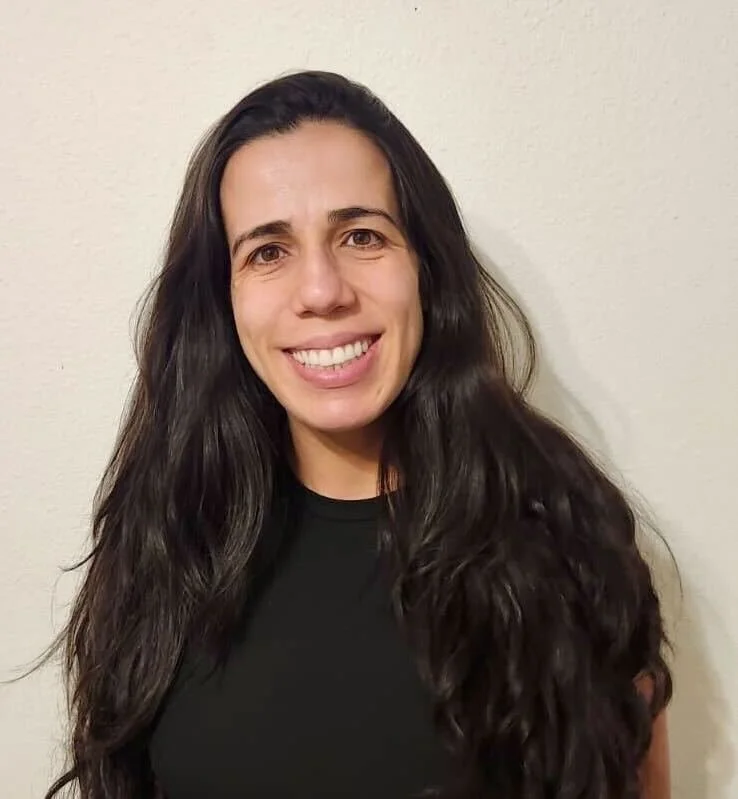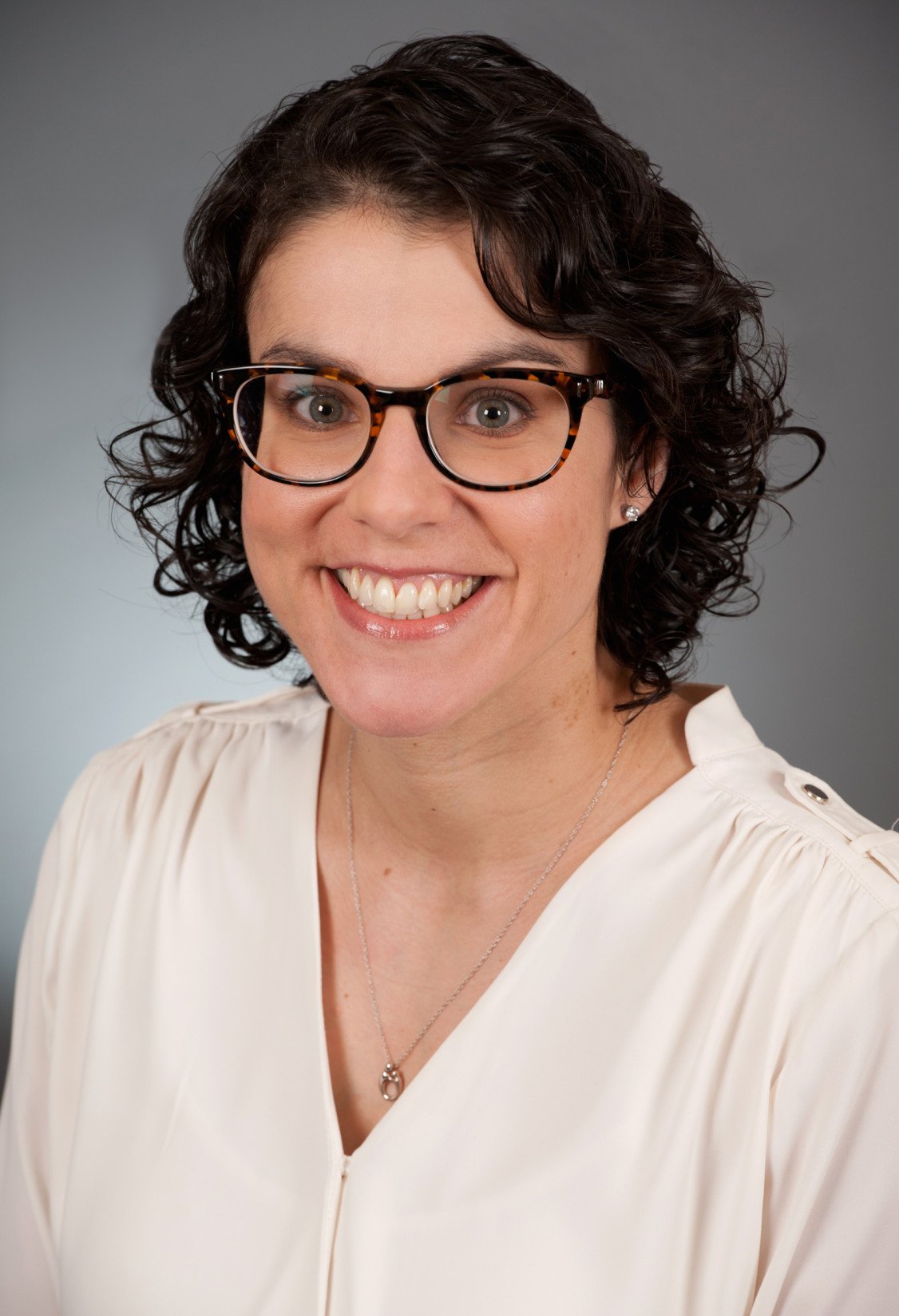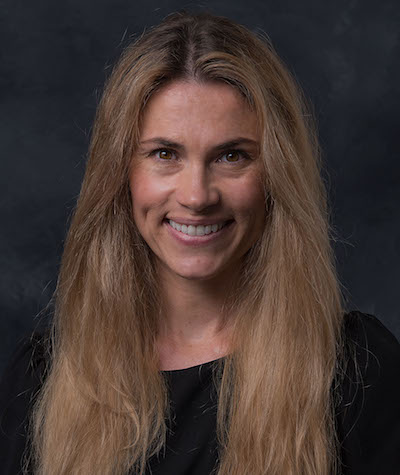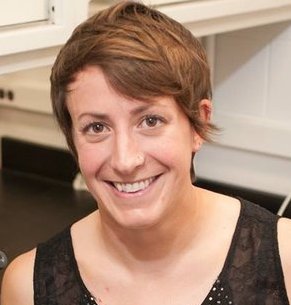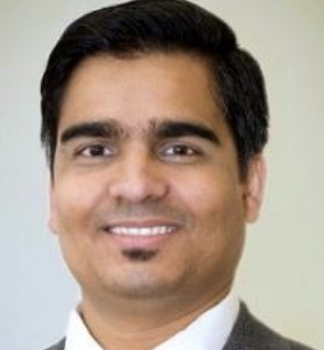Clinical and intracranial electrophysiological signatures of post-operative and post-ictal delirium, Clinical Neurophysiology, 2025.
Modulation of Auditory Novelty Processing by Dexmedetomidine and Natural Sleep: A Human Intracranial Electrophysiology Study, The European Journal of Neuroscience, 2025.
Changes in cortical delta power during chronic invasive epilepsy monitoring, Epilepsia, 2025.
Aperiodic Neural Activity as an Index of Depression Severity, Biological Psychiatry: Cognitive Neuroscience and Neuroimaging, 2025.
Insights into epileptic aphasia: Intracranial recordings in a child with a left insular ganglioglioma, Epilepsy & Behavior Reports, 2024.
International Delirium Pathophysiology & Electrophysiology Network for Data sharing (iDEPEND), BJA Open, 2024.
TMS-associated auditory evoked potentials can be effectively masked: Evidence from intracranial EEG, Brain Stimulation, 2024.
Intracranial electrophysiology of spectrally degraded speech in the human cortex, Frontiers in Human Neuroscience, 2024.
Processing of auditory novelty in human cortex during a semantic categorization task, Hearing Research, 2024.
Functional geometry of auditory cortical resting state networks derived from intracranial electrophysiology, PLoS Biology, 2023.
Sensory processing of native and non-native phonotactic patterns in the alpha and beta frequency bands, Neuropsychologia, 2023.
Surgical Outcomes and Risk Factors for Recurrence of Myxopapillary Ependymoma: A Single-Center Experience, Journal of Neurosurgery. Spine, 2023.
Analogous Cortical Reorganization Accompanies Entry into States of Reduced Consciousness During Anesthesia and Sleep, Cerebral Cortex, 2023.
High-Dimensional Multivariate Autoregressive Model Estimation of Human Electrophysiological Data Using fMRI Priors, NeuroImage, 2023.
Spinal Nerve Sheath Tumors: Factors Associated with Postoperative Residual and Recurrent Tumors: A Single-Center Experience, World Neurosurgery, 2022.
Gamma activation and alpha suppression within human auditory cortex during a speech classification task, The Journal of Neuroscience, 2022.
Spinal Meningioma in Adults: Imaging Characteristics, Surgical Outcomes, and Risk Factors for Recurrence, World Neurosurgery, 2022.
Multivariate autoregressive model estimation for high-dimensional intracranial electrophysiological data, NeuroImage, 2022.
Human intracranial recordings reveal distinct cortical activity patterns during invasive and non-invasive vagus nerve stimulation, Scientific Reports, 2021.
Arousal State-Dependence of Interactions Between Short- and Long-Term Auditory Novelty Responses in Human Subjects, Frontiers in Human Neuroscience, 2021.
Cortical Responses to Vowel Sequences in Awake and Anesthetized States: A Human Intracranial Electrophysiology Study, Cerebral Cortex, 2021.
Cortical responses to auditory novelty across task conditions: An intracranial electrophysiology study, Hearing Research, 2020.
Vertebral hemangiomas: Diagnosis and management. A single center experience, Clinical Neurology and Neurosurgery, 2020.
Impact of the Inclusion of C2 in Posterior Cervical Fusions for Cervical Myelopathy on Sagittal Cervical Alignment, Clinical Spine Surgery, 2020.
Cortical functional connectivity indexes arousal state during sleep and anesthesia, NeuroImage, 2020.
Risk factors associated with reoperation in posterior cervical fusions: A large-scale retrospective analysis, Clinical Neurology and Neurosurgery, 2020.
Indications and Outcomes for Contemporaneous Anteroposterior Surgery in Cervical Stenosis and Myelopathy: Single Center Experience, World Neurosurgery, 2020.
Intraoperative Shoulder Traction as Cause of C5 Palsy: Magnetic Resonance Imaging Study, World Neurosurgery, 2020.
Direct electrophysiological mapping of human pitch-related processing in auditory cortex, NeuroImage, 2019.
Anterior and Posterior Approaches for Cervical Myelopathy: Clinical and Radiographic Outcomes, Spine, 2019.
A Sound-Sensitive Source of Alpha Oscillations in Human Non-Primary Auditory Cortex, The Journal of Neuroscience: The Official Journal of the Society for Neuroscience, 2019.
Differential responses to spectrally degraded speech within human auditory cortex: An intracranial electrophysiology study, Hearing Research, 2019.
Predictability of vascular conflict by MRI in trigeminal neuralgia, Clinical Neurology and Neurosurgery, 2019.
Neural Signatures of Auditory Perceptual Bistability Revealed by Large-Scale Human Intracranial Recordings, The Journal of Neuroscience: The Official Journal of the Society for Neuroscience, 2019.
Management of iatrogenic spinal cerebrospinal fluid leaks: A cohort of 124 patients, Clinical Neurology and Neurosurgery, 2018.
C5 palsy following posterior decompression and instrumentation in cervical stenosis: Single center experience and review, Clinical Neurology and Neurosurgery, 2018.
Processing of auditory novelty across the cortical hierarchy: An intracranial electrophysiology study, NeuroImage, 2018.
Auditory Predictive Coding across Awareness States under Anesthesia: An Intracranial Electrophysiology Study, The Journal of Neuroscience: The Official Journal of the Society for Neuroscience, 2018.
Neural phase locking predicts BOLD response in human auditory cortex, NeuroImage, 2018.
Role of the temporal pole in temporal lobe epilepsy seizure networks: an intracranial electrode investigation, Journal of Neurosurgery, 2018.
Localization of musicogenic epilepsy to Heschl's gyrus and superior temporal plane: case report, Journal of Neurosurgery, 2018.
Intracranial Electrophysiology of Auditory Selective Attention Associated with Speech Classification Tasks, Frontiers in Human Neuroscience, 2017
Auditory processing in the human cortex: An intracranial electrophysiology perspective, Laryngoscope Investigative Otolaryngology, 2017.
Electrocorticographic delineation of human auditory cortical fields based on effects of propofol anesthesia, NeuroImage, 2017.
Sequence learning modulates neural responses and oscillatory coupling in human and monkey auditory cortex, PLoS Biology, 2017.
Electrocorticographic Activation within Human Auditory Cortex during Dialog-Based Language and Cognitive Testing, Frontiers in Human Neuroscience, 2016.
Neural Correlates of Vocal Production and Motor Control in Human Heschl's Gyrus, The Journal of Neuroscience: The Official Journal of the Society for Neuroscience, 2016.
Beta modulation reflects name retrieval in the human anterior temporal lobe: an intracranial recording study, Journal of Neurophysiology, 2016.
Can you hear me yet? An intracranial investigation of speech and non-speech audiovisual interactions in human cortex, Language, Cognition and Neuroscience, 2016
Investigating the Anterior Temporal Lobe with Direct Intracranial Recordings, Neurosurgery, 2015
Direct Physiologic Evidence of a Heteromodal Convergence Region for Proper Naming in Human Left Anterior Temporal Lobe, Journal of Neuroscience, 2015
Modulation of response patterns in human auditory cortex during a target detection task: an intracranial electrophysiology study, International Journal of Psychophysiology, 2015
Invasive recordings in the human auditory cortex, Handbook of Clinical Neurology, 2015.
Intracranial Mapping of a Cortical Tinnitus System using Residual Inhibition, Current Biology: CB, 2015.
Sound identification in human auditory cortex: Differential contribution of local field potentials and high gamma power as revealed by direct intracranial recordings, Brain and Language, 2015.
Spectral Organization of the Human Lateral Superior Temporal Gyrus Revealed by Intracranial Recordings, Cereb Cortex, 2014
Functional organization of human auditory cortex: Investigation of response latencies through direct recordings, NeuroImage, 2014
Mapping the temporal pole with a specialized electrode array: technique and preliminary results, Physiological Measurement, 2014
Using speech and electrocorticography to map human auditory cortex, Annual International Conference of the IEEE Engineering in Medicine and Biology Society. IEEE Engineering in Medicine and Biology Society. Annual International Conference, 2014.
Differential activation of human core, non-core and auditory-related cortex during speech categorization tasks as revealed by intracranial recordings, Frontiers in Neuroscience, 2013
Coding of repetitive transients by auditory cortex on posterolateral superior temporal gyrus in humans: an intracranial electrophysiology study, Journal of Neurophysiology, 2013
Direct Recordings from the Auditory Cortex in a Cochlear Implant User, Journal of Associated Research in Otolaryngology, 2013
Representation of speech in human auditory cortex: Is it special?, Hearing Research, 2013





